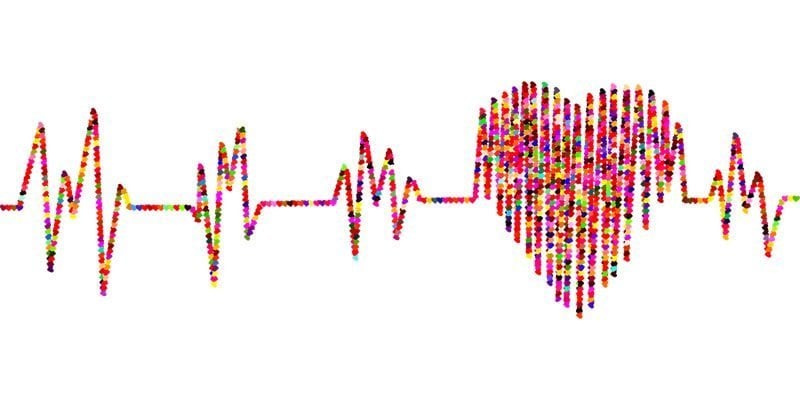Summary: Hydroxychloroquine and azithromycin, two drugs touted as potential coronavirus therapeutics, could increase the risk of heart arrhythmias, cardiologists say.
Source: Oregon Health and Science University
As some consider treating coronavirus patients with a combination of the malaria drug hydroxychloroquine and the antibiotic azithromycin, cardiologists are advising caution because both medications can increase the risk for dangerous abnormal heart rhythms.
In guidance published in the American College of Cardiology publication Cardiology Magazine, cardiologists from Oregon Health & Science University and Indiana University recommend clinicians who treat COVID-19 patients with the malaria-antibiotic drug combination also consider monitoring those patients for ventricular arrhythmia, which involves the lower heart chambers beating quickly and irregularly and can lead to cardiac arrest.
There are hundreds of drugs that can increase the risk for cardiac arrest, but using two together in patients who are already at risk or critically ill could increase that risk further, the paper notes.

“While there is yet very little data regarding hydroxychloroquine and azithromycin’s effectiveness as a treatment for COVID-19, some clinicians are considering combining them during this global pandemic,” said the paper’s lead author, Eric Stecker, M.D., M.P.H., an associate professor of medicine (cardiovascular medicine) in the OHSU School of Medicine and OHSU Knight Cardiovascular Institute. “If physicians use their best medical judgement and order this drug combination for coronavirus patients, we want them to be aware of potential adverse side effects.”
Stecker and colleagues recommend clinicians who treat COVID-19 patients with the drug combination also monitor patients for dangerous arrhythmias. However, they acknowledge limited resources could make monitoring a challenge.
“Until we have clinical outcome data supporting the benefit or harm of these medications, I would advocate for a cautious approach in using the combination of hydroxychloroquine and azithromycin,” Stecker said. “Any medications that increase the risk of cardiac risk require consideration of both risks and benefits, and right now we do not have evidence that benefits outweigh risks for use of hydroxychloroquine or chloroquine. Until we have more information, patients should be monitored for arrhythmias during any use of these medications, alone or in combination, unless risk of infection for health care workers or limitations in use of personal protective equipment are prohibitive.”
Source:
Oregon Health and Science University
Media Contacts:
Whitney Slightham – Oregon Health and Science University
Image Source:
The image is in the public domain.
Original Research: Open access
“”Ventricular arrhythmia risk due to hydroxychloroquine-azithromycin treatment for COVID-19”. Timothy F. Simpson, Richard J. Kovacs, Eric C. Stecker.
Cardiology Magazine doi:Not Available.
Abstract
“Ventricular arrhythmia risk due to hydroxychloroquine-azithromycin treatment for COVID-19
In vitro and preliminary clinical research have suggested that hydroxychloroquine alone and in combination with azithromycin could prove to be an effective treatment for COVID-19. A small study in France enrolling 26 treated patients and 16 non-randomized controls showed that hydroxychloroquine alone or in combination with azithromycin shortened the time to resolution of viral shedding of COVID-19.1 Based on this study, clinicians in many countries have begun using these medications in clinical practice, and multiple randomized trials are being initiated. However, chloroquine, hydroxychloroquine and azithromycin all prolong QT interval, raising concerns about the risk of arrhythmic death from individual or concurrent use of these medications.






